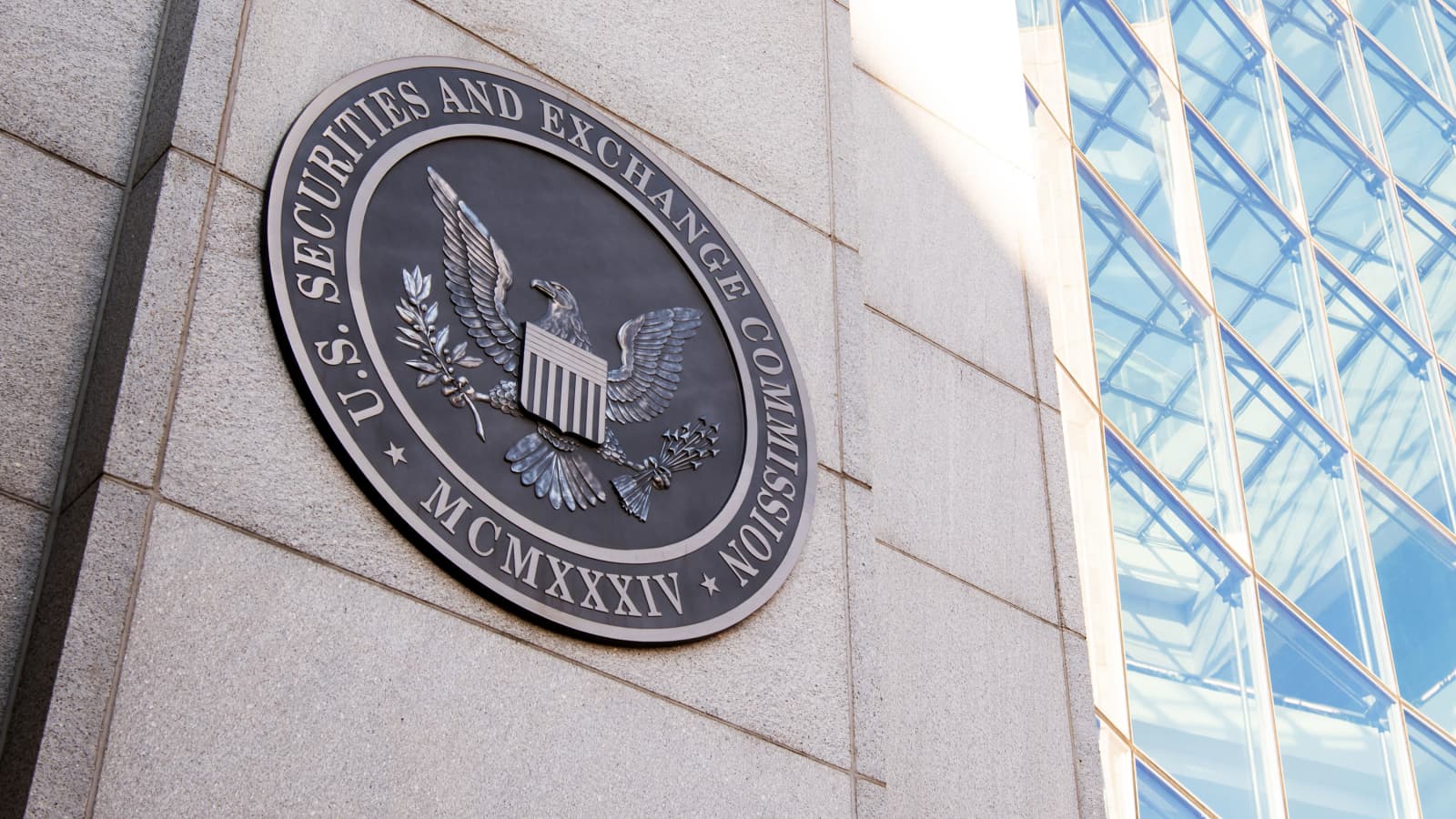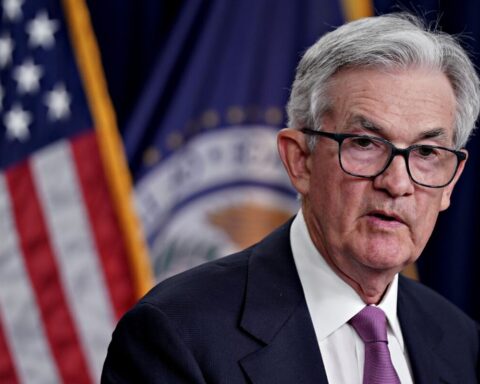The United States Securities and Exchange Commission (SEC) faced a significant setback on July 28 when the United States Court of Appeals for the District of Columbia Circuit overturned a ruling by the regulator regarding SPIKES Index securities.
The court ruled that these securities should be treated as “securities futures” instead of regular futures, stating that the SEC’s initial order was “arbitrary and capricious.”
This decision is linked to a 2020 order in which the SEC exempted the SPIKES Index, a stock volatility index, from the definition of security futures.
The motive behind this move was to eliminate heavy taxes and regulatory requirements associated with the term “security” and promote competition among volatility indexes.
Chief Judge Sri Srinivasan pointed out that the exemption granted by the SEC was considered arbitrary and capricious because the regulator failed to adequately explain its rationale and neglected to consider important aspects of the problem.
The court also highlighted the SEC’s oversight in failing to consider the possibility that granting exemptive relief could lead to confusion among market participants.
As a result of the ruling, SPIKES Index futures are now categorized as “securities futures” rather than just “futures.” Market participants have a three-month window to wind down their transactions under this new classification.
READ MORE: Revealed: The Best Crypto Marketing & PR Agency
The decision’s implications may extend beyond the specific case, as it could offer insight into potential outcomes for legal battles between crypto firms and the SEC.
Interestingly, two of the panel’s judges are currently examining Grayscale’s challenge to an SEC decision that denied its request to convert the Grayscale Bitcoin Trust to a spot Bitcoin exchange-traded fund (ETF).
The ruling serves as a reminder that the SEC is not invulnerable and can lose court cases.
It also sheds light on the importance of clarity and sound reasoning in regulatory decisions, particularly when it comes to defining financial instruments and their associated regulations.
In conclusion, the recent Court of Appeals decision represents a significant setback for the SEC and highlights the need for well-reasoned and transparent regulatory actions.
As market participants adjust to the new classification, the ruling’s broader impact may influence future legal battles involving the SEC and other financial entities.
Other Stories:
3 Best Crypto Projects That Will Boom In 2023 & The Next Bull Run
SEC and Binance Oppose Eeon’s Intervention in Crypto Exchange Lawsuit
Why Didn’t Bitcoin (BTC) Enter a New Rally?




